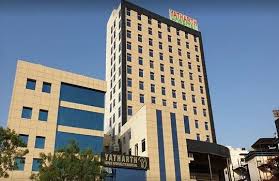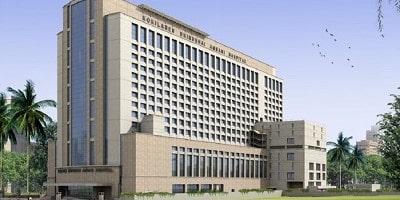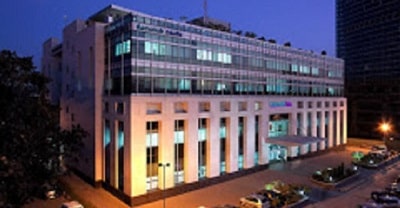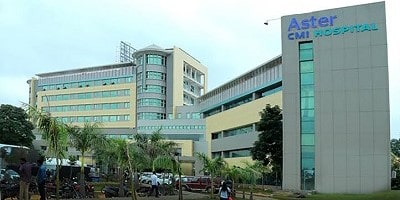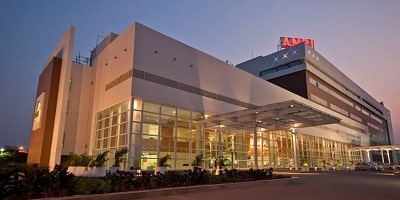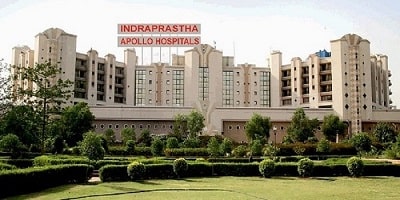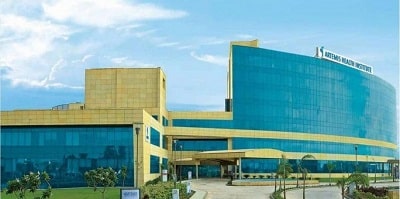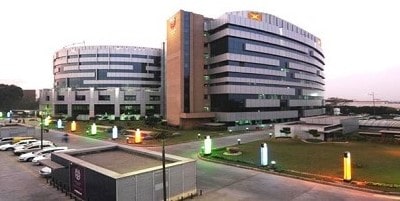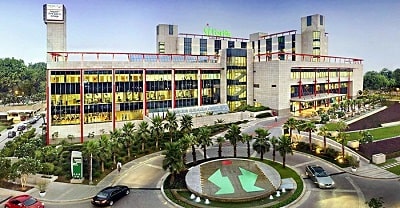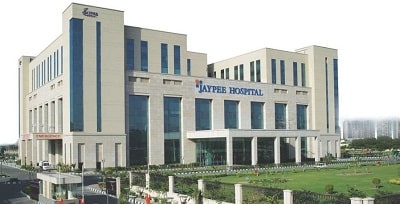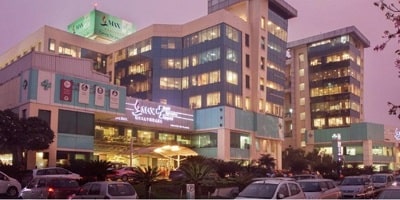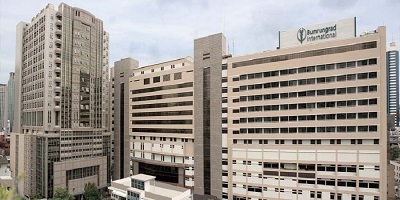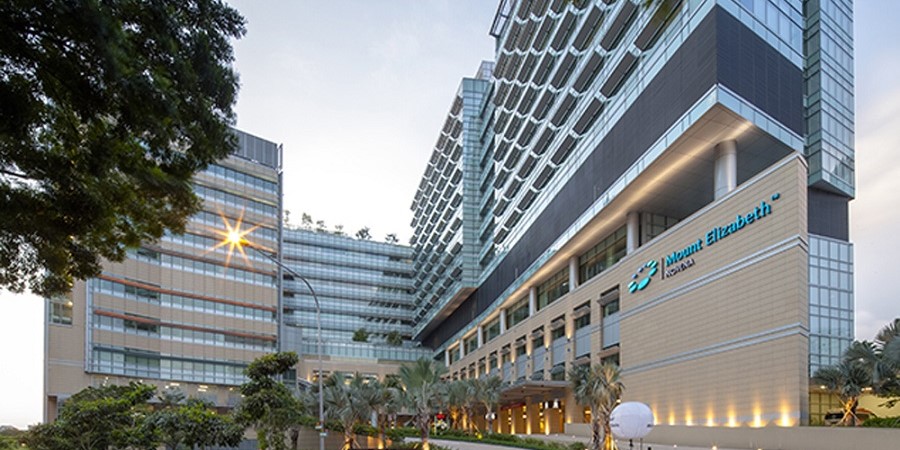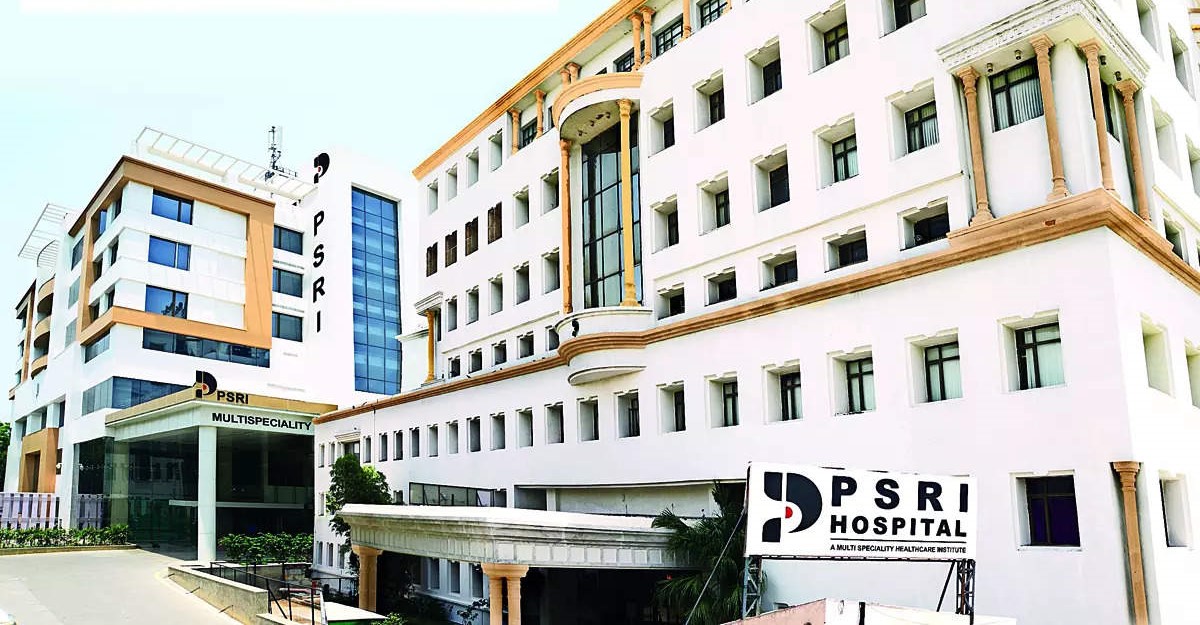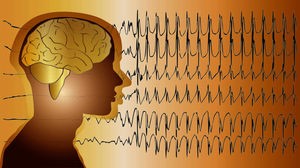
Duration of Treatment
usually takes 3 to 4 hours
Days of Stay
Usually 7 days in the hospital and 15 days outside the hospital.
Anesthesia
Local anaesthesia.
Cost
On Request
What is Epilepsy?
Epilepsy is a neurological disorder in which brain nerve cell activity becomes disturbed, causing seizures, sensations, and sometimes loss of awareness.
Epilepsy signs include:
- Loss of awareness and confusion
- A staring spell and uncontrollable movements of the arms and legs
- Loss of consciousness or awareness
- Psychic symptoms such as fear, anxiety
- A convulsion with no fever
- Becomes stiff, suddenly, for no apparent reason
Epilepsy risk factor of surgery includes:-
- Brain stroke
- Seizures
- Swelling of the brain
- Double Vision
- Nerve damage
- CSF leaking
- Loss of mental functions
- Permanent brain damage
- One-sided paralysis
- The patient is required to go for PSC ( Pre-surgery check-up ) to do some blood test, ECG and ECH for Cardiac check-up and urine tests to know he /she is fit for surgery or not.
- Before the operation, you’ll be asked to sign a consent form, which gives the surgeon permission to carry out the treatment.
- The doctor should be informed about any medication that the patient may be taking.
- The patient is admitted to the hospital on same days before the procedures and advised to remain empty stomach/Fasting.
- Thinners medicines have to stop before ten days of surgery.
To identify the diagnosis doctor advised to go for complete evolution - usually, blood investigation, Neuropsychological tests, (CT) scans, magnetic resonance (MRI) imaging, Electroencephalogram (EEG), High-density EEG, Functional MRI (fMRI), Positron emission tomography (PET scans). Before surgery, the surgeon and anaesthesia will guide you about the benefits and risk factor of epilepsy surgery.
Treatment:- Doctors generally start treating epilepsy with medication. If medications don't work then only neuro doctor advised for surgery or another type of treatment.
Medication:- Neurologist prescribed anti-seizure medication, which is also called anti-epileptic medication depending on the seizure types. Most of the patients get benefited.
Surgery:- Surgery may be an option in seizures in which neurosurgeon removes the area of your brain that's causing seizures or limit the spread of seizure activity. The surgeon usually performs surgery when the reports found that seizures begin in a well-defined area of your brain that doesn’t interfere with important functions like speech, language, or hearing.
Types of epilepsy surgery:-
- Temporal lobectomy:- It’s a most common type of surgical procedure for a patient with temporal lobe epilepsy. In which anterior temporal lobe along with the amygdala and hippocampus are removed and it controls seizure for nearly 75%.
- Cortical excision:- It’s an also a surgical procedure for epilepsy surgery in which outer layer (cortex) of the brain is removed and its control seizure for nearly 50 %.
- Hemispherectomy:- It’s an also a surgical procedure for epilepsy surgery in which the brain's outer layer (cortex) and anterior temporal lobe on one half of the brain are removed. It is a most common procedure for children who suffer intractable seizures and its control seizures for nearly 80% of these patients.
Therapies:-
- Vagus nerve stimulation.
- Ketogenic diet.
- Deep brain stimulation.
Step 1 – Anesthesia: Epilepsy surgery takes 3 to 4 hours depending upon the procedures by giving local anaesthesia to relieve pain.
Step 2 – The incision: The surgeon makes a skin incision to open the skull and a circular opening in the skull called a craniotomy. This bony opening exposes the protective covering of the brain, called the dura mater, which is opened with scissors. Looking through an operative microscope and then the surgeon removes that area of the brain where seizures occur.
Step 3 – Closing the incisions: The neurosurgeon flaps the skin after the surgery with the help of Sutures, skin adhesives, tapes or clips that close the skin incisions.
Step 4 –The results: There are some types of seizures can be resistant to medication, but they're also the most likely to be helped by epilepsy surgery. The success rate depends on the type of surgery and surgeon. Many patients no longer have seizures after epilepsy surgery. It’s around 7 out of every 10 children who have had surgery will stop having seizures after their surgery.
- The neurosurgeon will give complete information about post care of surgery, regarding recovery; proper caring of incisions, taking medications and managing.
- Stitches or staples will be removed after 7 to 10 days of surgery.
- Patients are allowed to return to work or school after three months of the operation.
- Patients are advised to relax the first few weeks after epilepsy surgery.
- Rehabilitation, speech therapy will be continual.
Some seizures can be resistant to medication, but they're also the most likely to be helped by epilepsy surgery. The success rate depends on the type of surgery and surgeon. Many patients no longer have seizures after epilepsy surgery. It’s around 7 out of every 10 children who have had surgery will stop having seizures after their surgery.
- Are you board-certified neurosurgeon?
- How many years’ experience of you has in this field?
- How many surgeries are you doing every day?
- Does your hospital certify to perform these types of surgery?
- Am I a good patient for you to this procedure?
- Let me know success rates and how long time will take for recovery?
- What treatment plan do you recommend and Why?
- What are my options if I am not satisfied with the outcome of my treatment surgery?
- What are the advantages and disadvantages of epilepsy surgery?
- How long I have to stay in the hospital and outside the hospital?
- What are risk factors for this type of epilepsy surgery?
- When can I go for normal activities, including exercise?
- Do I have stitches, staples, and/or bandages?
- Do I have a scar or other permanent effects from the surgery?
- Do I need to go to another surgery in the future?
- Do I need any follow-up appointments or tests after my surgery?
Top Doctors
Top Hospitals
EPILEPSY TREATMENT

Duration of Treatment
usually takes 3 to 4 hours
Days of Stay
Usually 7 days in the hospital and 15 days outside the hospital.
Anesthesia
Local anaesthesia.
Cost
On Request
What is Epilepsy?
Epilepsy is a neurological disorder in which brain nerve cell activity becomes disturbed, causing seizures, sensations, and sometimes loss of awareness.
symptoms
Epilepsy signs include:
- Loss of awareness and confusion
- A staring spell and uncontrollable movements of the arms and legs
- Loss of consciousness or awareness
- Psychic symptoms such as fear, anxiety
- A convulsion with no fever
- Becomes stiff, suddenly, for no apparent reason
risk factors
Epilepsy risk factor of surgery includes:-
- Brain stroke
- Seizures
- Swelling of the brain
- Double Vision
- Nerve damage
- CSF leaking
- Loss of mental functions
- Permanent brain damage
- One-sided paralysis
preparation
- The patient is required to go for PSC ( Pre-surgery check-up ) to do some blood test, ECG and ECH for Cardiac check-up and urine tests to know he /she is fit for surgery or not.
- Before the operation, you’ll be asked to sign a consent form, which gives the surgeon permission to carry out the treatment.
- The doctor should be informed about any medication that the patient may be taking.
- The patient is admitted to the hospital on same days before the procedures and advised to remain empty stomach/Fasting.
- Thinners medicines have to stop before ten days of surgery.
procedure
To identify the diagnosis doctor advised to go for complete evolution - usually, blood investigation, Neuropsychological tests, (CT) scans, magnetic resonance (MRI) imaging, Electroencephalogram (EEG), High-density EEG, Functional MRI (fMRI), Positron emission tomography (PET scans). Before surgery, the surgeon and anaesthesia will guide you about the benefits and risk factor of epilepsy surgery.
Treatment:- Doctors generally start treating epilepsy with medication. If medications don't work then only neuro doctor advised for surgery or another type of treatment.
Medication:- Neurologist prescribed anti-seizure medication, which is also called anti-epileptic medication depending on the seizure types. Most of the patients get benefited.
Surgery:- Surgery may be an option in seizures in which neurosurgeon removes the area of your brain that's causing seizures or limit the spread of seizure activity. The surgeon usually performs surgery when the reports found that seizures begin in a well-defined area of your brain that doesn’t interfere with important functions like speech, language, or hearing.
Types of epilepsy surgery:-
- Temporal lobectomy:- It’s a most common type of surgical procedure for a patient with temporal lobe epilepsy. In which anterior temporal lobe along with the amygdala and hippocampus are removed and it controls seizure for nearly 75%.
- Cortical excision:- It’s an also a surgical procedure for epilepsy surgery in which outer layer (cortex) of the brain is removed and its control seizure for nearly 50 %.
- Hemispherectomy:- It’s an also a surgical procedure for epilepsy surgery in which the brain's outer layer (cortex) and anterior temporal lobe on one half of the brain are removed. It is a most common procedure for children who suffer intractable seizures and its control seizures for nearly 80% of these patients.
Therapies:-
- Vagus nerve stimulation.
- Ketogenic diet.
- Deep brain stimulation.
Step 1 – Anesthesia: Epilepsy surgery takes 3 to 4 hours depending upon the procedures by giving local anaesthesia to relieve pain.
Step 2 – The incision: The surgeon makes a skin incision to open the skull and a circular opening in the skull called a craniotomy. This bony opening exposes the protective covering of the brain, called the dura mater, which is opened with scissors. Looking through an operative microscope and then the surgeon removes that area of the brain where seizures occur.
Step 3 – Closing the incisions: The neurosurgeon flaps the skin after the surgery with the help of Sutures, skin adhesives, tapes or clips that close the skin incisions.
Step 4 –The results: There are some types of seizures can be resistant to medication, but they're also the most likely to be helped by epilepsy surgery. The success rate depends on the type of surgery and surgeon. Many patients no longer have seizures after epilepsy surgery. It’s around 7 out of every 10 children who have had surgery will stop having seizures after their surgery.
post procedure
- The neurosurgeon will give complete information about post care of surgery, regarding recovery; proper caring of incisions, taking medications and managing.
- Stitches or staples will be removed after 7 to 10 days of surgery.
- Patients are allowed to return to work or school after three months of the operation.
- Patients are advised to relax the first few weeks after epilepsy surgery.
- Rehabilitation, speech therapy will be continual.
success rate
Some seizures can be resistant to medication, but they're also the most likely to be helped by epilepsy surgery. The success rate depends on the type of surgery and surgeon. Many patients no longer have seizures after epilepsy surgery. It’s around 7 out of every 10 children who have had surgery will stop having seizures after their surgery.
faqs from doctor
- Are you board-certified neurosurgeon?
- How many years’ experience of you has in this field?
- How many surgeries are you doing every day?
- Does your hospital certify to perform these types of surgery?
- Am I a good patient for you to this procedure?
- Let me know success rates and how long time will take for recovery?
- What treatment plan do you recommend and Why?
- What are my options if I am not satisfied with the outcome of my treatment surgery?
- What are the advantages and disadvantages of epilepsy surgery?
- How long I have to stay in the hospital and outside the hospital?
- What are risk factors for this type of epilepsy surgery?
- When can I go for normal activities, including exercise?
- Do I have stitches, staples, and/or bandages?
- Do I have a scar or other permanent effects from the surgery?
- Do I need to go to another surgery in the future?
- Do I need any follow-up appointments or tests after my surgery?







